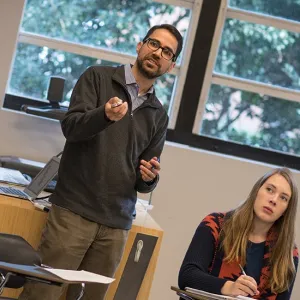Sexual assault and misconduct have emerged as serious issues on campuses across the nation—and far more prevalent than reported.
What prevents students from reporting incidents? Understanding this is critical to providing effective support to those who have experienced sexual violence.
A typical response to this question on surveys is that the incident was “not serious enough to be reported.” Administrators at Carnegie Mellon found this response too vague to act upon. Seeking more specific data, the university conducted extensive pilot testing of responses before issuing its student survey, ultimately providing multiple options for explaining non-reporting—leading to responses that resulted in actionable data.
Two of the top three responses were “I may have been mistaken that this was an assault” and “I thought it might have been partially my fault.” These findings led to the development of targeted education and outreach programs to better define and give examples of what constitutes sexual misconduct.
Carnegie Mellon also added a “why report” section on its Title IX website and clarified what happens after the university receives a report. The bottom line: It’s up to the victim—the university’s responses are driven by the wishes and preferences of the person affected by sexual misconduct. Whatever steps she or he decides to take, the university is there to provide safety and support.



